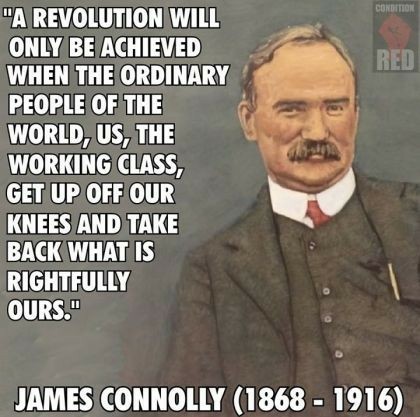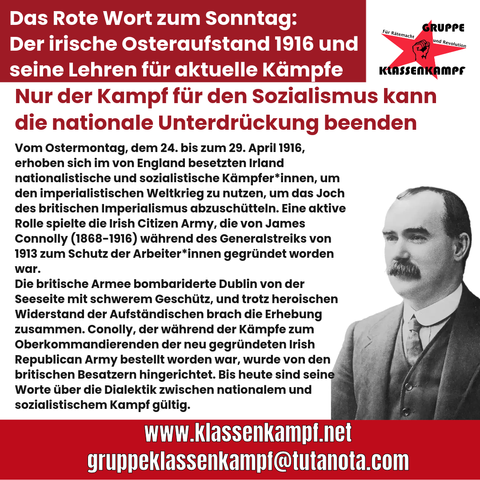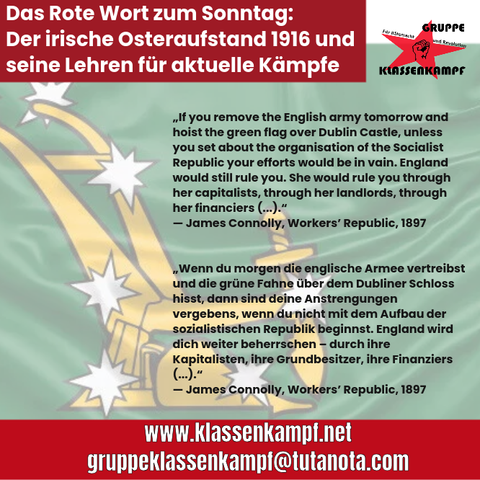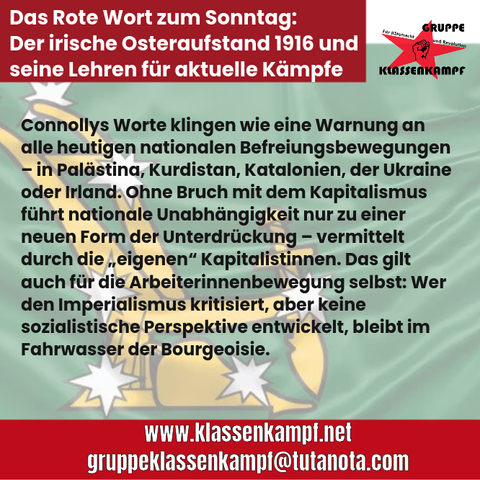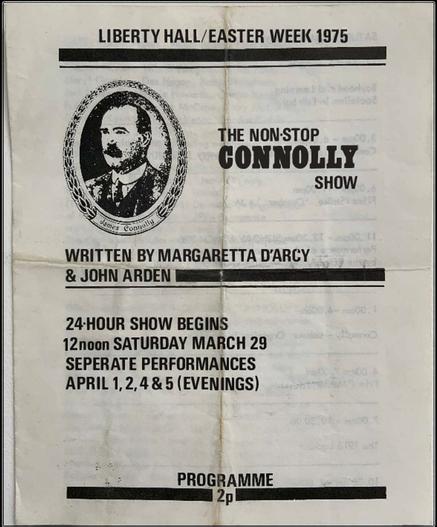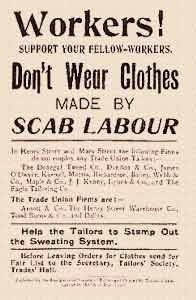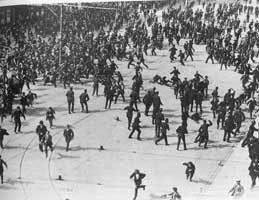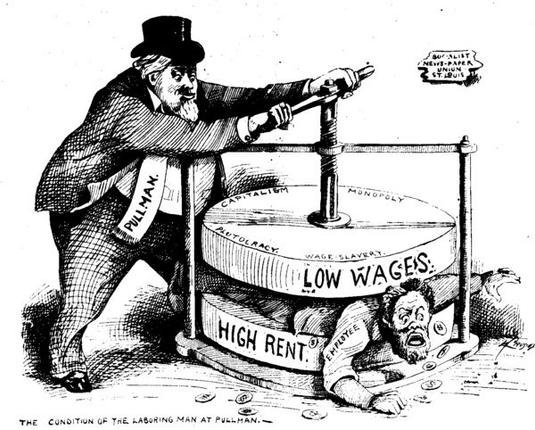Today in Labor History January 2, 1905: A conference of 23 industrial unionists met in Chicago and issued a manifesto calling for an industrial Union Congress to be held in Chicago on June 27—a meeting that would lead to the formation of the Industrial Workers of the World (AKA: IWW or "Wobblies"). The IWW founding members were a veritable who’s who of radical labor leaders: Mother Jones, Lucy Parsons, Eugene Debs, Big Bill Haywood, James Connolly, Daniel DeLeon, Vincent St. John, Ralph Chaplin.
The IWW was, and continues to be, a revolutionary union fighting for the abolition of bosses, an end to wage slavery, as well as worker control of the means of production, through organization and education, sabotage, direct action, mutual aid, and the General Strike. Their motto: An Injury to One is an Injury to All. At its height, in the 1910s, the IWW had well over 150,000 members in the US, Canada, Australia and the UK. They have always had strong ties to anarchist and socialist movements and been staunchly opposed to imperialist and capitalist wars (No War but Class War). Over the years, dozens of IWW members were murdered by cops, goons and vigilantes. Hundreds were imprisoned and deported. Their offices were burned to the ground. Members were forced to run gauntlets. Some were lynched.
Despite the devastation to the union caused by the Palmer Raids (the first red scare) in the late 1910s, the IWW persisted. In the 1990s and 2000s, they spear-headed the original Starbucks Union Drive. They organized bike messengers, exotic dancers, janitors at queer night clubs, indie publishers, recyclers, food coops and Whole Foods. They were also involved in the 2016 prisoner strike at 20 prisons in the U.S., and in organizing a General Strike in Wisconsin, in 2011, in response to that state’s anti-union legislation and the subsequent occupation of the State House.
You can read more IWW history in the following articles:
https://michaeldunnauthor.com/?s=lucy+parsons
https://michaeldunnauthor.com/2024/04/04/union-busting-by-the-pinkertons/
https://michaeldunnauthor.com/2021/05/13/ben-fletcher-and-the-iww-dockers/
https://michaeldunnauthor.com/2024/05/19/tom-mooney-and-warren-billings/
https://michaeldunnauthor.com/2024/04/05/frank-little/
#workingclass #LaborHistory #IWW #wobblies #union #strike #GeneralStrike #sabotage #directaction #lucyparsons #bigbillhaywood #eugenedebs #jamesconnolly #police #prison #palmerraids #antiwar #classwar #revolution #mutualaid #motherjones
